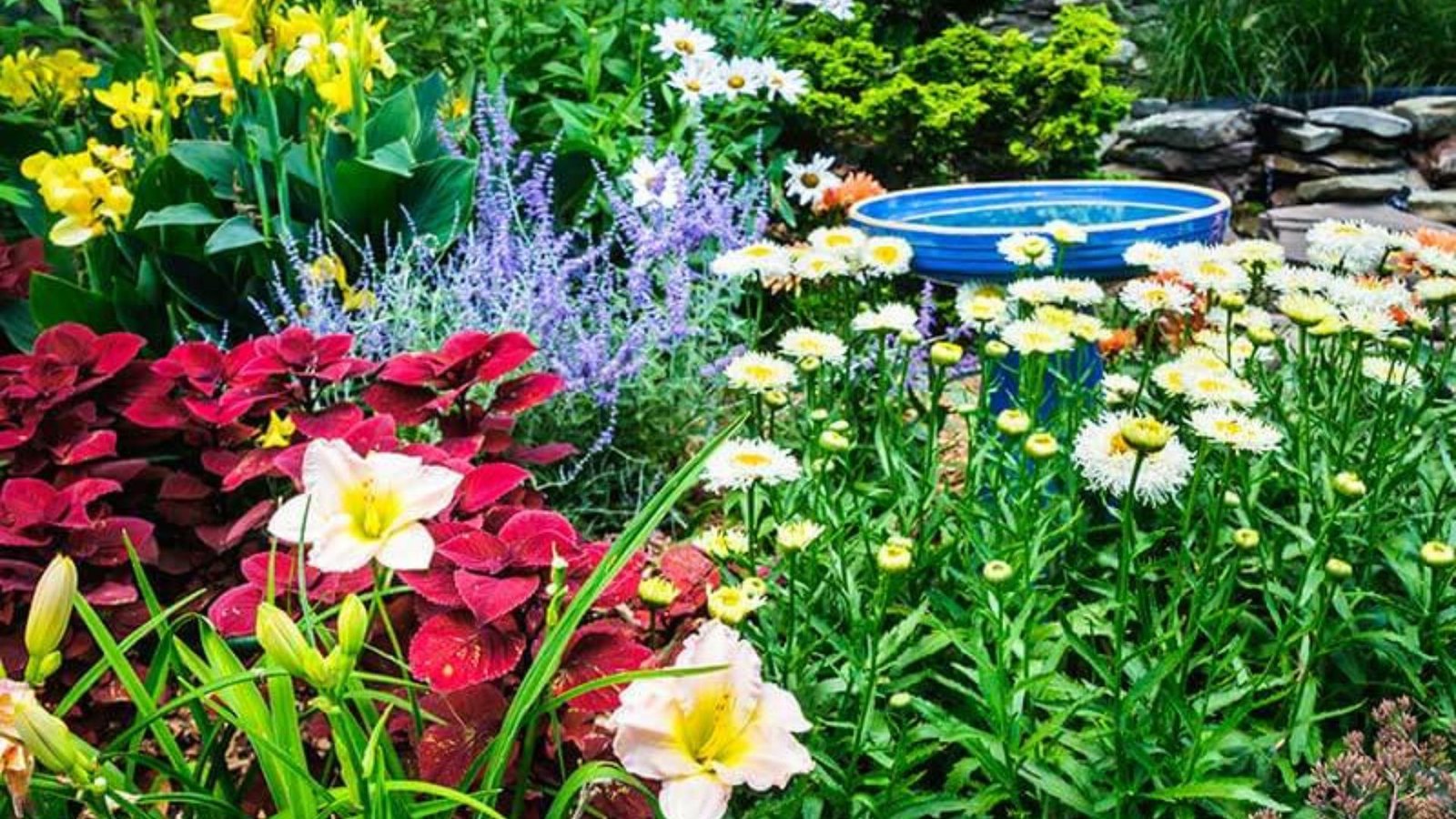Herb gardening is a delightful and practical way to enhance your cooking and bring fresh, aromatic herbs right to your kitchen. Whether you have a sprawling backyard or just a sunny windowsill, growing herbs can be an accessible and rewarding hobby. Herbs not only add flavor to your dishes but also offer a range of health benefits and can be used in teas, aromatherapy, and even homemade skincare products.

Choosing the Right Herbs
The first step in creating an herb garden is selecting the right herbs to grow. Consider your culinary preferences and the climate of your area. Common culinary herbs like basil, parsley, thyme, rosemary, mint, and oregano are excellent choices for beginners, as they are relatively easy to grow and maintain.
When choosing herbs, think about the growing conditions they prefer. Some herbs, like basil and thyme, thrive in full sunlight, while others, like mint and parsley, can tolerate partial shade. Understanding the needs of each herb will help you provide the best care and ensure a thriving garden.
Garden Planning and Layout
Herbs can be grown in a variety of settings, including garden beds, containers, or window boxes. When planning your herb garden, consider the layout and space requirements of each plant. Herbs like mint are invasive and can quickly spread, so it’s best to plant them in containers to prevent them from overtaking other plants.
For outdoor herb gardens, ensure the soil is well-draining and enriched with organic matter. Raised beds or containers with good drainage can help prevent waterlogged roots, which can be detrimental to many herbs. If you’re growing herbs indoors, place them in a sunny spot, such as a south-facing window, and use well-draining potting soil.
Planting and Care Tips
Once you’ve chosen your herbs and planned your garden layout, it’s time to plant. Space your herbs appropriately, allowing room for growth and air circulation. Most herbs prefer slightly dry soil, so water them moderately, allowing the soil to dry out between watering sessions. Overwatering can lead to root rot, especially in container-grown herbs.
Regular harvesting encourages new growth and helps keep your plants bushy and productive. For herbs like basil, pinch off the tips regularly to prevent flowering, which can reduce the plant’s flavor. Herbs like chives and parsley can be cut back almost entirely, as they will regrow quickly.
Pest and Disease Management
Herbs are generally hardy and resistant to many pests and diseases, but they are not entirely immune. Aphids, spider mites, and whiteflies are common pests that can affect herbs. To manage these pests, use natural remedies like insecticidal soap, neem oil, or a strong water spray to dislodge them from the plants.
Preventive care, such as proper spacing and avoiding overhead watering, can reduce the risk of fungal diseases like powdery mildew. Ensure good air circulation around your plants and remove any dead or diseased foliage promptly.
Harvesting and Using Herbs
Harvest herbs in the morning, after the dew has dried but before the sun is too hot. This is when the essential oils, which give herbs their flavor and aroma, are at their peak. Use sharp scissors or pruners to cut the herbs, leaving enough foliage for the plant to continue growing.
Fresh herbs can be used immediately or preserved for later use. Drying is a popular method for preserving herbs like oregano, thyme, and rosemary. Simply hang small bundles of herbs upside down in a warm, dry place with good air circulation. Once dried, store them in airtight containers away from direct sunlight.
Conclusion
In conclusion, herb gardening is a versatile and enjoyable activity that brings the benefits of fresh herbs into your daily life. Whether you’re enhancing your cooking, exploring natural remedies, or simply enjoying the beauty and fragrance of an herb garden, this practice offers a satisfying way to connect with nature and enjoy the fruits of your labor. With a bit of planning and care, anyone can cultivate a thriving herb garden, regardless of space or experience level.










